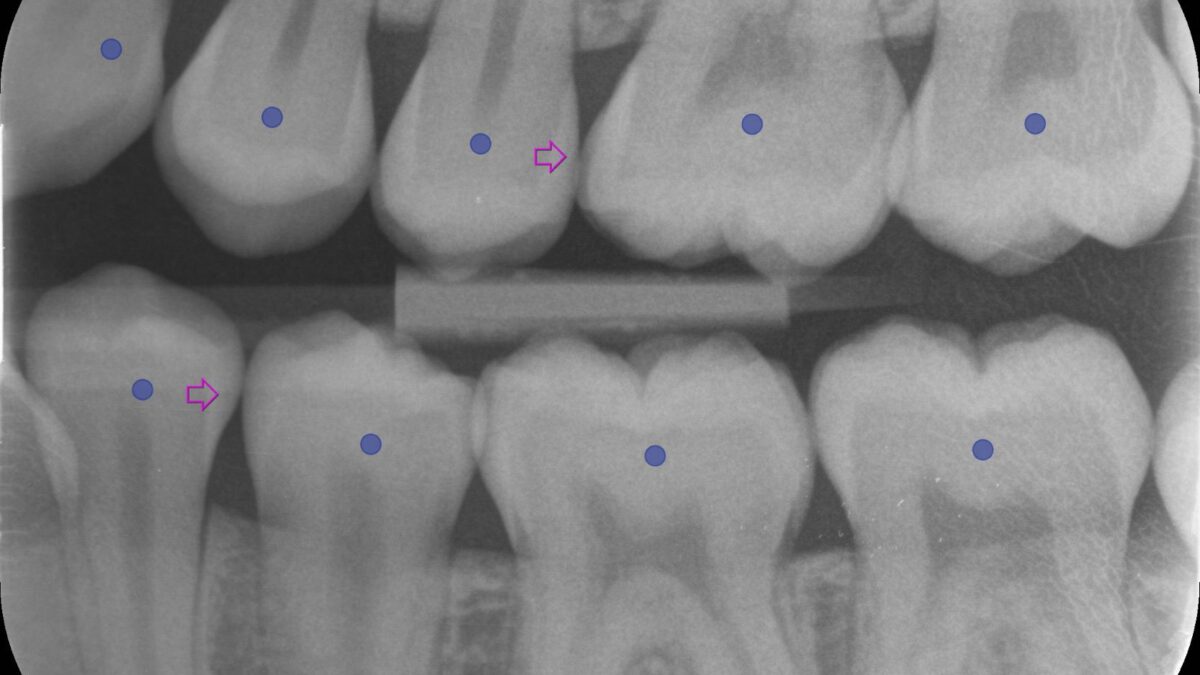A “pioneering” artificial intelligence (AI) tool which could lead to early diagnosis of tooth decay is being tested by dentists in Scotland.
The innovative technology is designed to improve early detection of potential enamel breakdown.
Clyde Munro Dental Group is piloting AssistDent, created by dental AI specialists Manchester Imaging, with five of its dentists.
It uses machine learning algorithms to analyse dental x-rays and highlight or confirm areas of concern.
Ideally, if enamel change is caught early enough, fillings can be avoided and the enamel change managed by non-invasive methods, including fluoride treatments.
Tooth decay remains the most common non-communicable disease worldwide and the leading cause of tooth loss.


Fiona Wood, Clyde Munro’s chief operating officer, said: “Scotland has a major problem with tooth decay and if decay is left untreated it can lead to teeth being lost.
“We always aim for prevention – and this technology has the potential to support our dentists in identifying the early signs of tooth decay before it develops and to direct the prevent care needed to the correct teeth.
“The AI is a useful tool to show and demonstrate to patients areas of dental need or concern to give the patient the chance to reverse enamel changes with support from Clyde Munro dentists.
“Clyde Munro has always been enthusiastic early adopters of new technologies which improve patient-experience and improve Scotland’s dental health.
“AssistDent could make a big difference and we are proud to be working with Manchester Imaging to maximise that potential.”
The five dentists testing the technology are based in Bishopbriggs, Glasgow, Aberdeen, and Lothians.
Monica Febrero Smith, a dentist at Coia & Associates in Glasgow, is one of the dentists involved in the pilot.
She said: “The AssistDent technology has so far been very accurate and it is helping support the care we provide to patients.
“We’re only at the very beginning of this journey, but it’s hugely exciting to see AI developments already starting to have a positive impact on the treatment of patients in practice in Scotland.”




